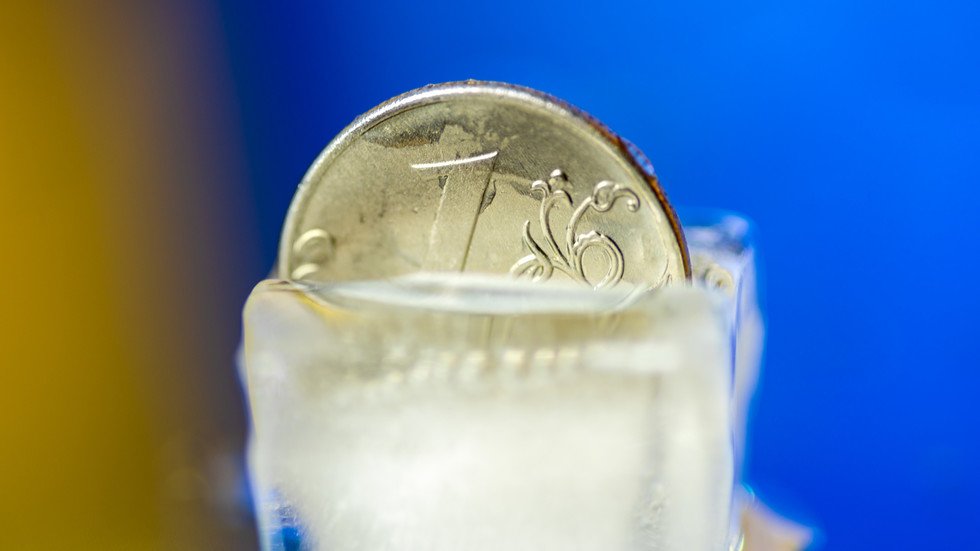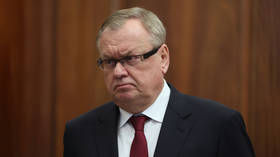Earlier this year, G7 countries agreed to lend Kiev the funds, secured by frozen Russian sovereign assets
The EU is willing to support Kiev’s war effort and compensate for a potential US withdrawal from a $50 billion G7 loan deal, as uncertainty grows over Washington’s commitments under the upcoming presidency of Donald Trump, Politico reported on Thursday.
Polish Deputy Finance Minister Pawel Karbownik raised the concerns at an event marking Warsaw’s upcoming presidency of the EU Council, the outlet said.
“There is a risk that Donald Trump will pull out of the $50 billion agreement,” Karbownik said, urging the US president-elect to clarify his stance, to allow the EU time to develop a contingency plan.
The US and its allies froze an estimated $300 billion in assets belonging to the Russian central bank following the escalation of the Ukraine conflict in February 2022. In June, G7 members pledged a $50 billion loan for Kiev, with the frozen Russian assets to be used as collateral, to help Kiev buy weapons and rebuild damaged infrastructure.
Karbownik gave his reaction after US House Speaker Mike Johnson dismissed on Wednesday President Joe Biden’s request to include $24 billion in additional aid to Ukraine in a government funding bill.
“We have a newly elected president and we’re going to wait and take the new commander-in-chief’s direction on all of that,” Johnson said. “So I don’t expect any Ukraine funding to come up now.”
According to the G7 agreement, finalized in October, the US and EU are to allocate $20 billion each, with the UK, Canada, and Japan contributing the remainder. The loan is to be repaid using interest earned from immobilized Russian sovereign assets.
However, Trump’s potential withdrawal threatens to derail the deal, forcing the EU to act alone, the outlet noted.
Karbownik suggested that in a worst-case scenario the bloc will “make provisions as the EU to ensure that the $50 billion goes to Ukraine regardless of Trump.”
European Commission President Ursula von der Leyen earlier stated that the EU alone could provide up to €35 billion, using the bloc’s €1.2 trillion seven-year budget as collateral.
Moscow has repeatedly accused the West of “stealing” its money and warned that tapping into the frozen reserve funds would be illegal and set a dangerous precedent.
Last month, Russian Finance Minister Anton Siluanov promised to initiate retaliatory measures mirroring the West’s actions. He said Russia had also frozen the resources of Western investors, financial market participants and companies, adding that “the income from these assets will also be used.”


